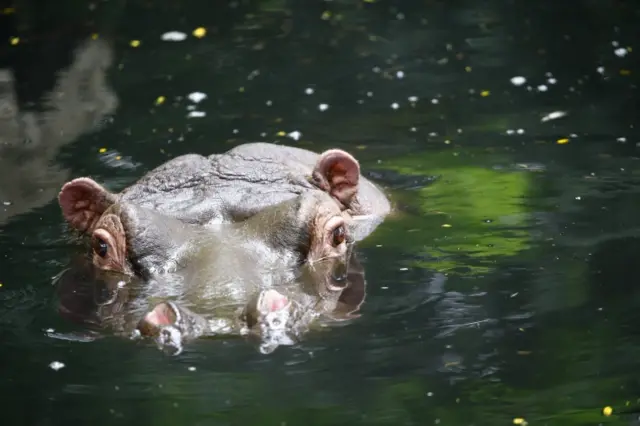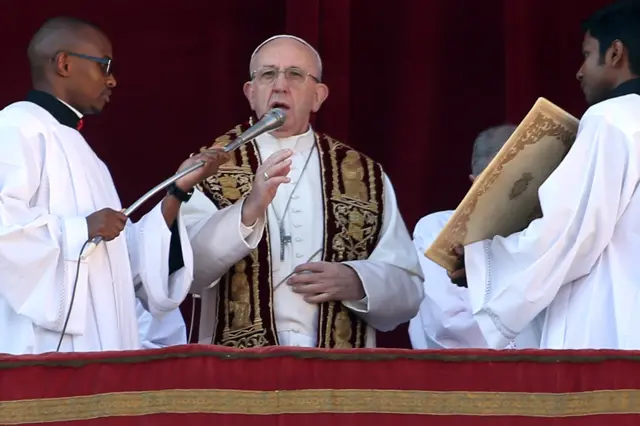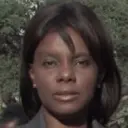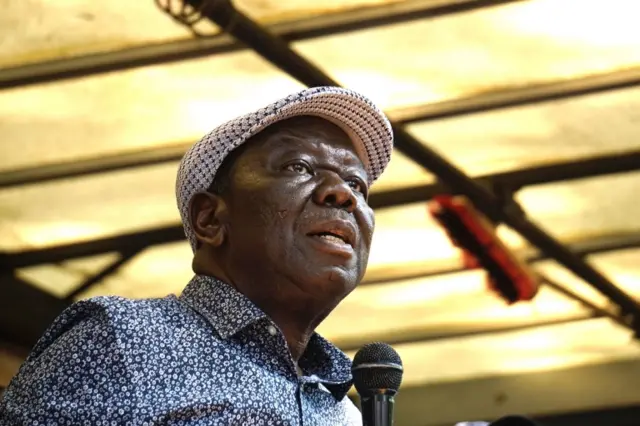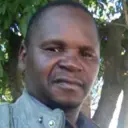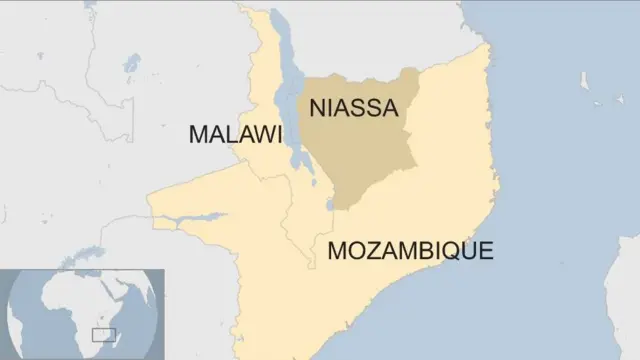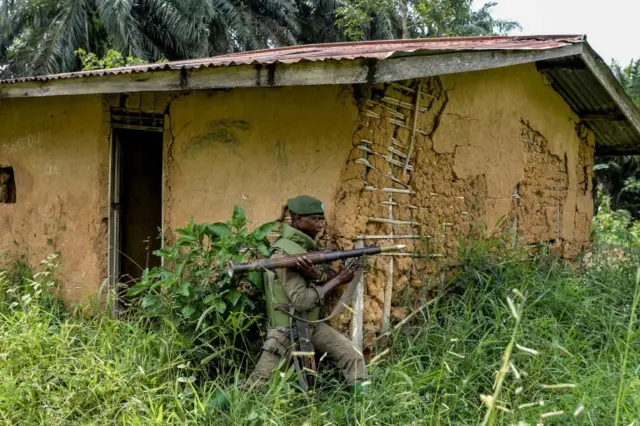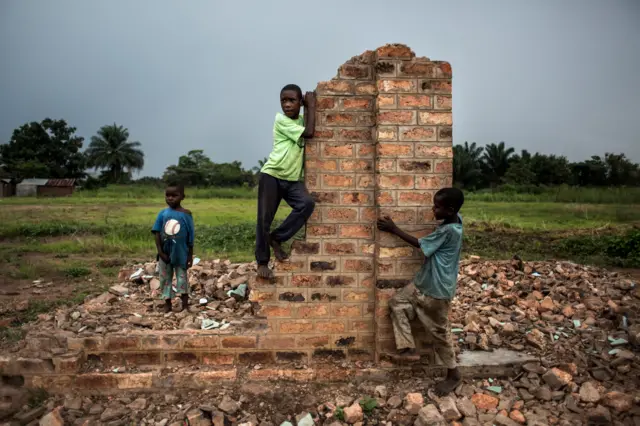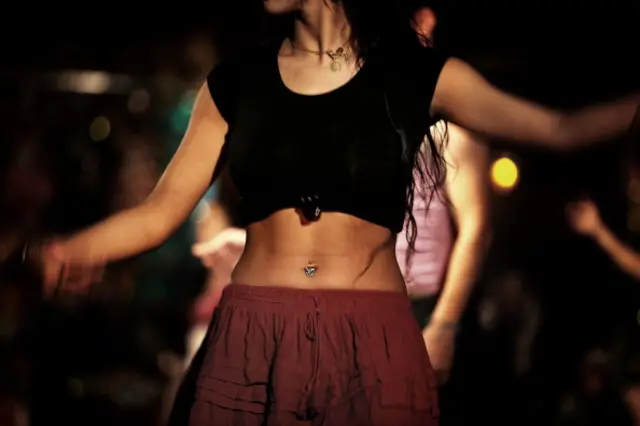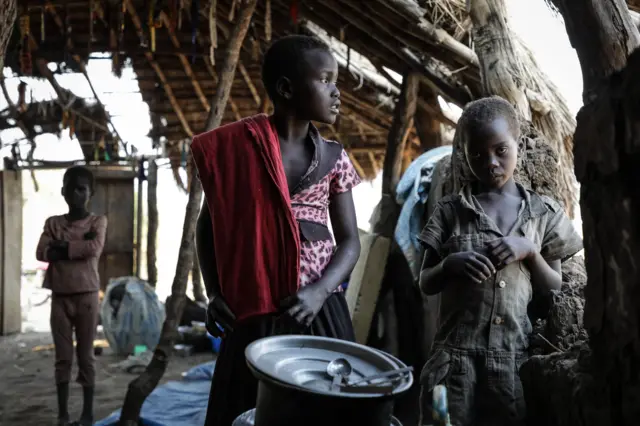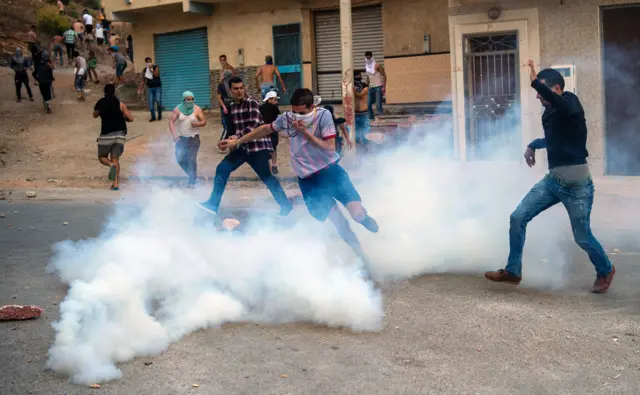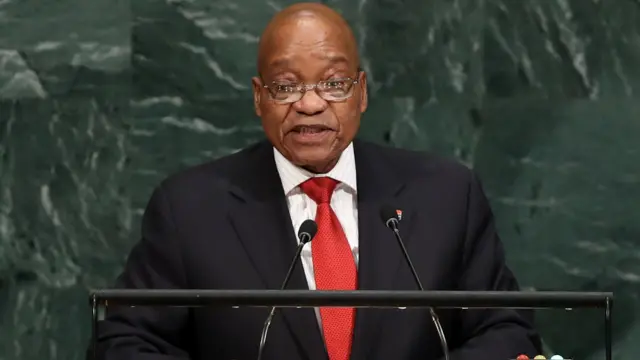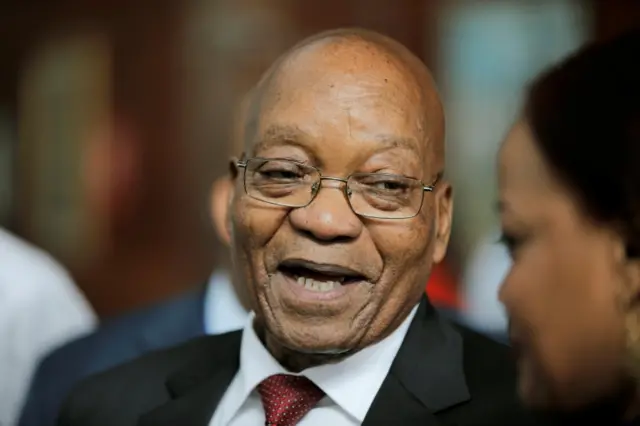Scroll down for Tuesday's storiespublished at 17:27 GMT 6 February 2018
We'll be back tomorrow
That's all from the BBC Africa Live page today. Keep up-to-date with what's happening across the continent by listening to the Africa Today podcast or checking the BBC News website.
A reminder of today's wise words:
Quote MessageNo goat fattens on market day."
A Kinyarwanda proverb sent by Jabo Conrad Nzitatira in Kigali, Rwanda
Click here and scroll to the bottom to send us your African proverbs.
And we leave you with this photo of a group of dancers entertaining the crowd in Sierra Leone. You can see more pictures and learn about their dreams by clicking here.
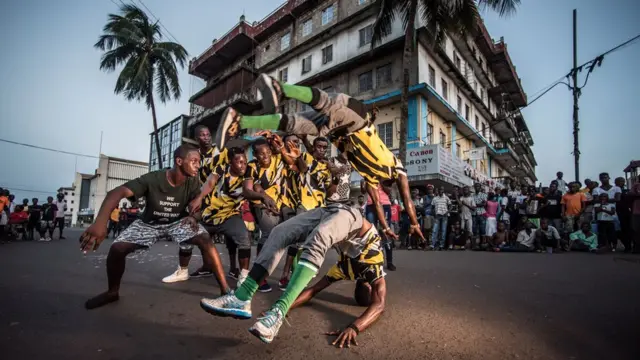 Image source, Olivia Acland
Image source, Olivia Acland